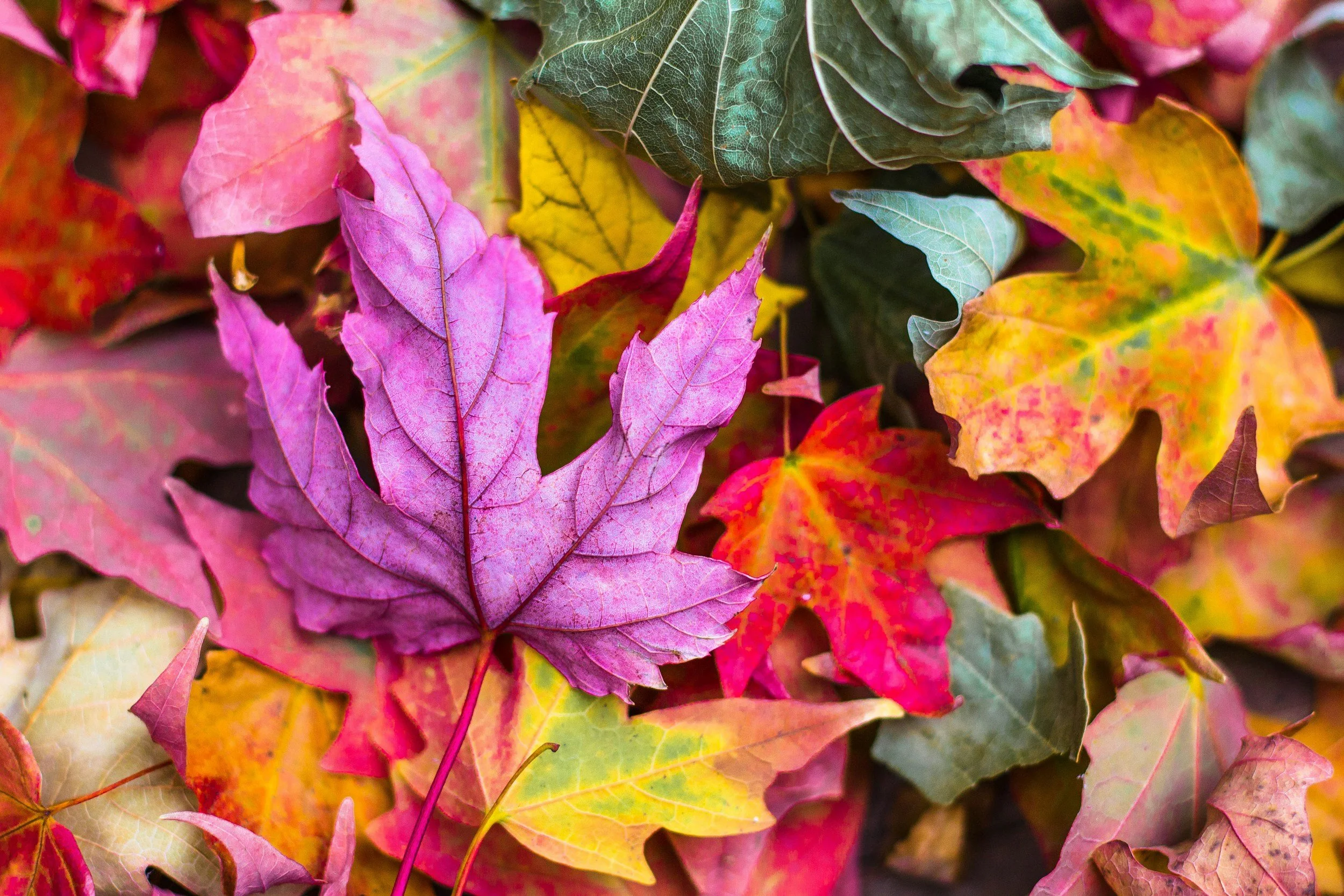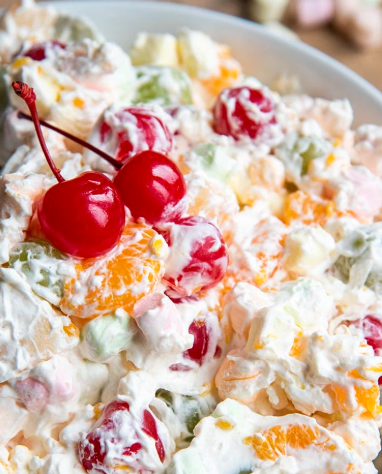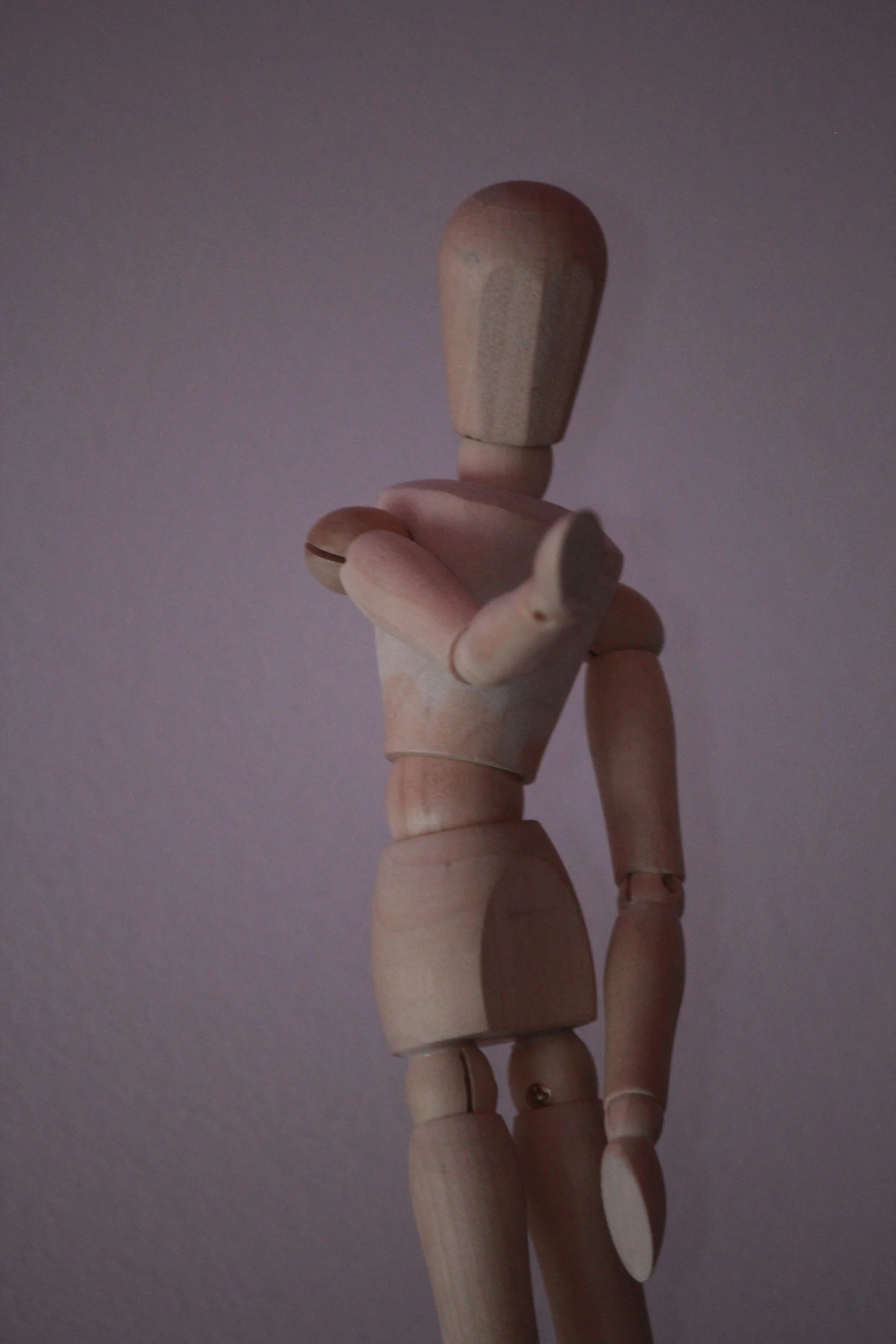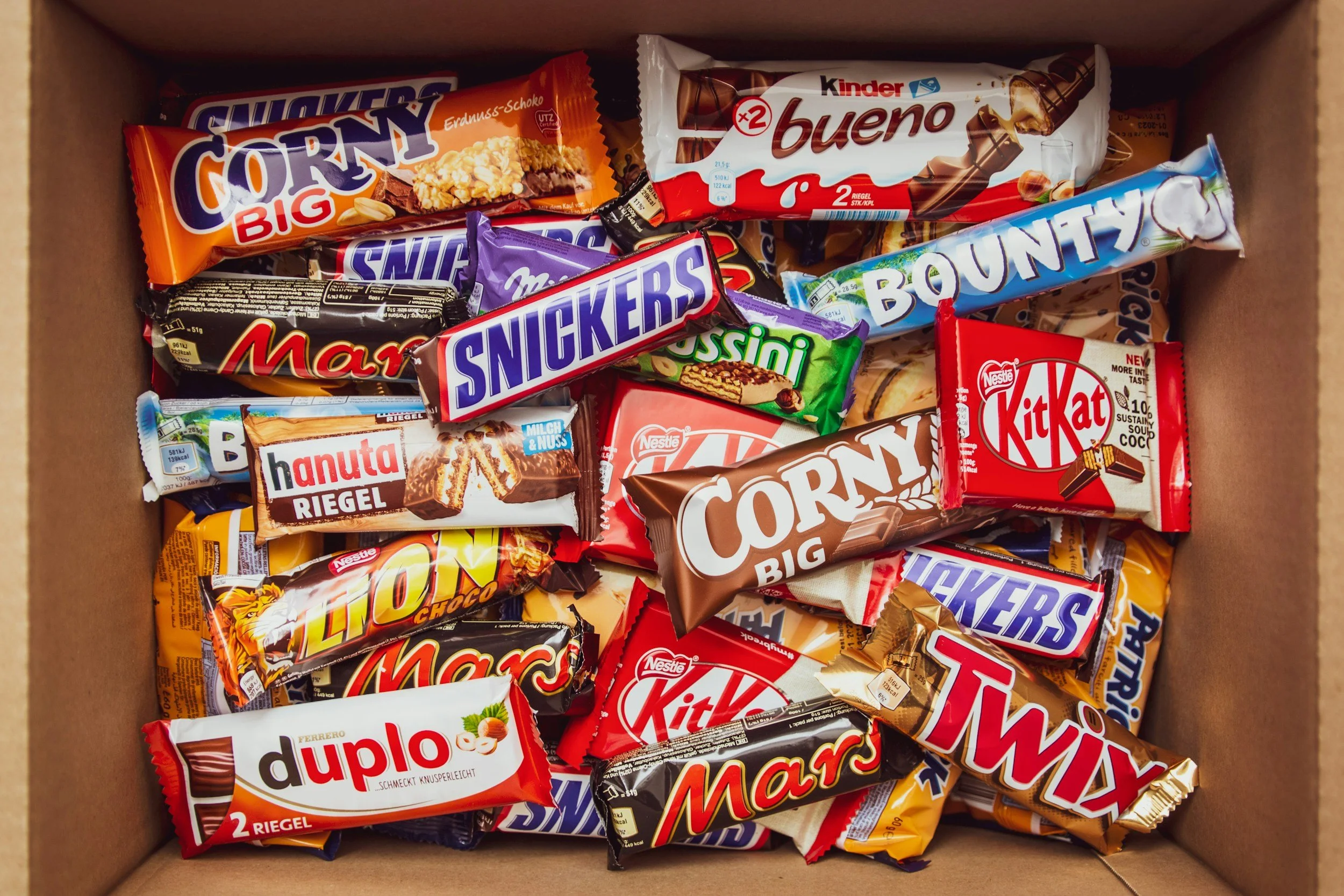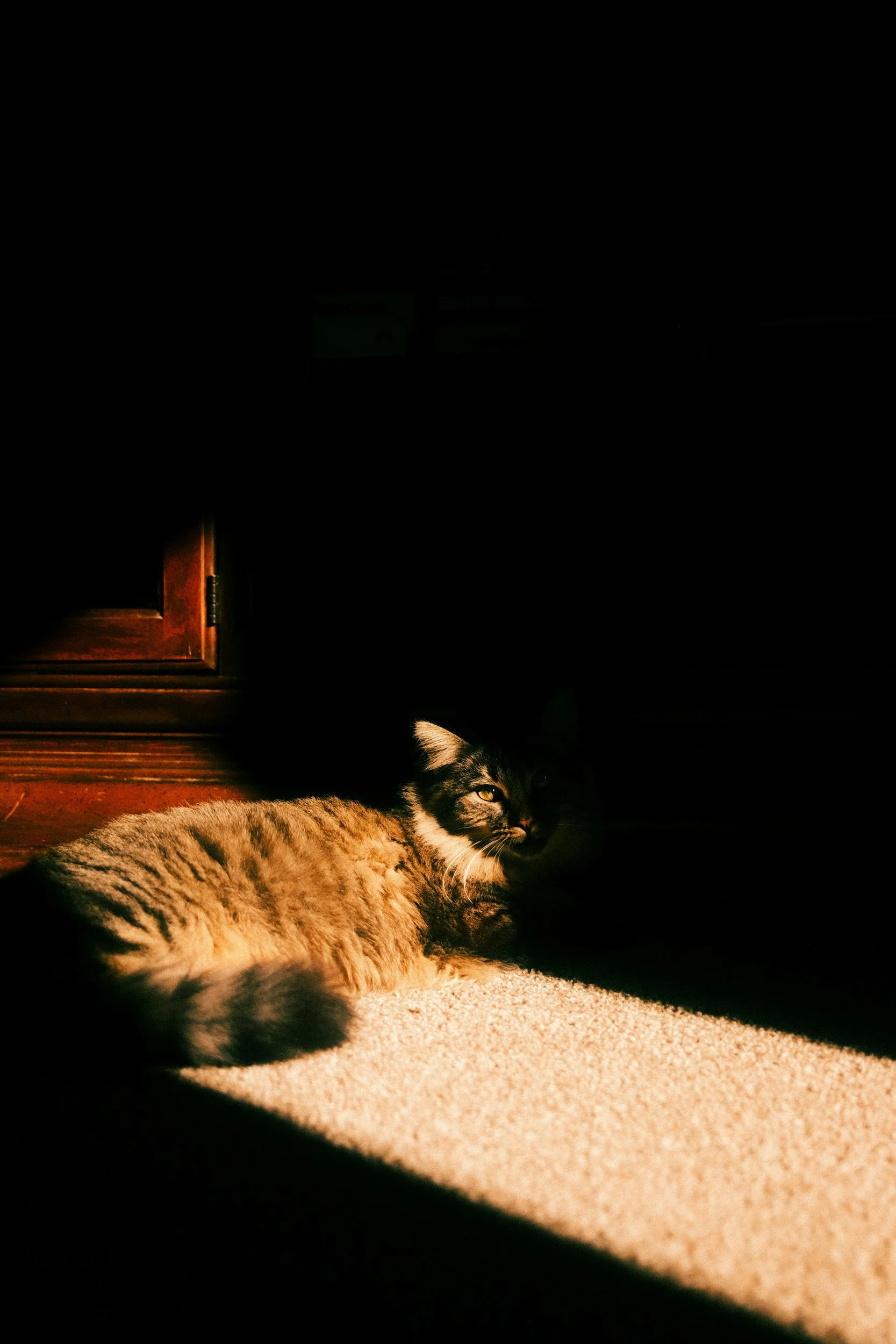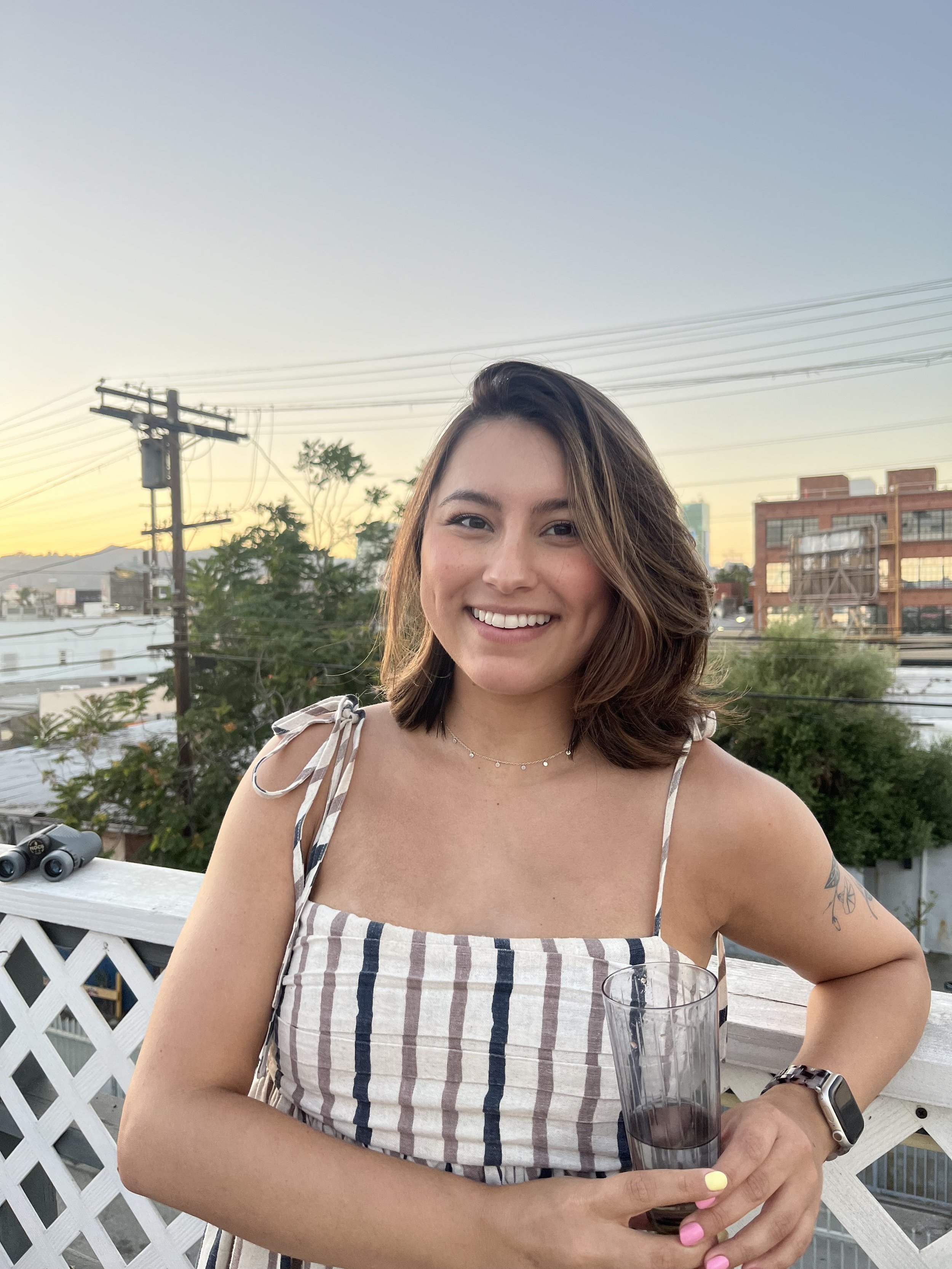Pressing Play
It’s my first Christmas Day with my family in two years and Scott’s first Christmas with us ever. After packing up our lives in Austin and moving to Brooklyn to fulfill a mid-twenties obligation to ourselves, we spend our vacation time not on vacation and instead doing the work of family visits. Now that I’ve dragged him for the four hour flight and the five hour car ride to the southernmost tip in Texas, he can enjoy December in shorts and a tee in what locals call the Valley.
He’s fulfilling his boyfriend curse, dutifully chugging alongside me for a day-long family holiday celebration when he normally orders Chinese takeout and goes to a movie. I’ve just finished getting ready; putting on my festive, green long-sleeve dress, and painting my face with rosy cheer. We’re going to my grandmother's for lunch like we’ve done my entire life. Our black rental Prius is loaded with gifts like an eco-emo version of Santa’s sleigh. We’re late, as usual, but all that’s left is the eggplant casserole. My mom makes it every year, a hand-me-down recipe involving a dubious mixture of Velveeta cheese, red bell peppers, and mashed eggplant. When we walk into the kitchen, my mom stands there, wearing her pajamas and not a trace of makeup.
“For your Nana,” she says, extending her arms to hand me the dish, “even though I don’t know why I still made it this year. It’s your dad’s side of the family’s recipe, and I’m not even going today.”
I pause, staring at the tin-foil-covered dish in her hands. My parents have been divorced for five years. They broke the news in between the crunch of chips and salsa at a Mexican restaurant the day after I’d returned from a six month study abroad in France. Odd, yes. Unexpected, no. They’d separated five years earlier, on what could have been a random night, but ended up being the morning before I took my first driver’s test. It was fiery but amicable in the end. Sometimes two people love each other, share a daughter, share a life, and can say that they’re happier when they sleep in separate houses. My mom still came to all the holiday parties, birthdays, and family dinners. Every visit home in college involved a dinner where the three of us sat down and ate at the same table I did my fourth-grade homework on—just in my mom’s new house and not the one my dad stayed in.
I assume that some children of divorce envision their lives cleaved in two when they hear the news. Maybe they feel like their world is crumbling, and they can’t imagine how their family ended up at that point. I don’t share this, assumably because I was older when they separated, and I’d seen enough nasty arguments to feel like separation would allow everyone to breathe fresh air for once. I’m happy my parents divorced. I’m happy my mom has a house of her own to decorate in all sorts of intensely colorful Mexican ceramic art, and I’m also glad my parents maintained a positive enough relationship to put aside their differences when I’m home so that we can share news and crack old jokes. When Covid hit and I came home, my mom and I grew closer than ever, bonding over Wheel of Fortune, enchiladas, and the weirdness of our cats.
Why is this trip home different? She made the eggplant casserole, she bought and wrapped gifts for everyone, and Scott and I spent six hundred dollars and two days of travel for this; so that I could spend today with my family. She can’t spend today alone. We want her there. We all want her there.
I start to argue back with her, my heart rising into my throat with each quip back and forth. I explain that she’s wanted there. My dad won’t be there, the habitual hand-washer and cardiac physician got Covid for the first time in three years and now he’s missing Christmas lunch. Her face remains unchanged, bored even. She’s not going, end of discussion. I’m not convinced, I push back more. It’s Christmas Day, I came to be with my family, and she can’t spend it alone. Will she consider going with her mother to at least spend the day with that side of the family? The air in the kitchen thickens and each inhale becomes harder for me. From the corner of my eye, Scott shifts on his feet and looks at his phone.
Stubbornness feels too weak of a word to describe her attitude here, and digging in her heels is too generic of a phrase. It's a steel determination to do or not do something, usually not to do, that my dad and I know so well from many years spent fighting the end of it. I want to say that it defies logic, that even in an instance like this, she could be open to reasoning why it's not okay to spend the biggest holiday of the year alone, but I know that there is an emotional logic behind it. She tells me one last time, “No. I’m not going. Can’t you see how it hurts me to go back there? To my pretend that’s still my life?”
A piece of me hears her and knows she’s right, that I can’t pretend I don’t see how painful it is to stay in a domestic purgatory. A bigger piece of me, one I can’t control, wonders how she can’t see that I’m still trying to pretend it’s my life, too. Like a video sporadically glitching and lagging on a frame, the images of my family and my home are stuck on the last moment I saw them, unchanging until the next time I see them. Since I got my license to run away, I have, and what’s left is a choppy, blurry video of my family, stopping and starting at the random intervals I decide to drop in. I’m not ready to let the video load fully, to allow myself to see the video play out smoothly. I’m paused on the last frame of Christmas, and this new frame, so different from before, feels like a different video. I’m lagging. I can’t imagine how she’s come to this conclusion so quickly even though it's been years in the making. She’s lagging, too, attempting to break out of a frame that she was stuck in for so long that I thought it would last forever.
The stare she’s giving me is one I’ve seen before. It’s a cold stare, steeled against pain.
What I can remember from the first time my mom looked at me like that, at ten years old, is that the hospital smelled. The floor was a patchwork of pink and green tiles and the walls were yellow. The entire space was pale as if the walls and floor had to break some bad news but were too scared to say it. But the smell. It tried to be gentle, too, maybe lying through its teeth about the bad news. It wasn’t bad, but it only existed there and I couldn’t stand it.
Mama and I were walking down a hall and the hall never ended. The ceiling lights floated by in a row. We kept walking. I felt eyes everywhere. We took turns, navigating the building like rats in a maze, her big hands gripping my small ones. Quickly, I couldn’t remember the way we came. I could not get out of the maze if I wanted to. But then, there we were. Room 416. I didn’t want to arrive. I wanted us to keep walking, to never find the room and have to leave the hospital and go back to the hotel. We could pack our things and leave Houston, spend the whole six hour drive home listening to the Bangles.
The door to 416 was open, the room dimly lit. I stopped before the doorway and caught sight of a chair in the corner of the room and the foot of the bed. It’s wrong. Something was wrong. The chair is ugly, its cheap wood and dusty pleather seat made me cringe. The bed was too bulky, and the cream-colored hard plastic frame set me on edge. The room was trying to be gentle, but it was wrong. Hovering in the doorway, I wrung my hands and knocked my toes in on each other. Mama was already inside, I could hear her talking but I couldn’t tell the words. She came back to me in the doorway and grabbed my hand to lead me inside. I resisted, backing away from the door and shaking my head. My eyebrows furrowed together. There was something bad inside, she must know.
“Mama, I don’t want to go,” I whispered.
“What do you mean? You have to. You need to see your dad.” She’s impatient, her face still and stern. I searched for a soft edge in her eyes to lean on and found none. A sound like water pouring came from inside the room and I began to writhe and sputter that I couldn’t go, I hated it there and I didn’t understand. She cut me off, grabbing my hands again and punctuating my name, “That’s enough. Your dad just had brain surgery and you need to see him.”
Wet, hot tears welled and rolled down my face. My mind felt like it was in a box with shrinking walls. I thought back to the dinner where my dad told us about his tumor, how we stopped eating our potatoes and peas and ate silence instead. When I told my fifth-grade math teacher that I’d be gone for two weeks because my dad was having brain surgery, the pity on her face made me nervous. I didn’t know what brain surgery was like. I didn’t know what benign meant and I didn’t know how to spell or say pituitary. I sat with my grandparents in the waiting room earlier and that made me more nervous because I’d never seen them cry. They’d said they’d go through his nose but I didn’t understand. Would he have a nose still? Would his head have staples like the girl we passed down the hall? Would my dad be inside that room anymore? I slid my back down the wall and crumpled to the floor like a piece of paper being scrapped.
My mom bent down to my level, her voice low enough so no one else heard. “If you don’t get up and go inside that room right now, you’re grounded for two months.”
I cried harder, sobbing hiccups coming out instead of words. I tried again, “Mama please no don’t I’m just Mama please don’t go Mama Mama.”
When I finally looked up, she pressed her lips together and said, “Fine.” She stood up and turned around back into the room. I curled into a tight ball, pressing my knees into my eyes until I saw shapes in the darkness.
I stayed on the floor, knees folded into my chest. I couldn’t hear them inside anymore. My gaze drifted to the dumb fake window of the room. The blinds were still drawn and I couldn’t see inside. I wiped my face with my sleeve and sucked back the snot in my nose. People passed and minutes passed. I didn’t know what minutes were, but they must have been similar to hours. Other patients hobbled by, their billowy white gowns so loosely tied I could see their butt cheeks when they walked by. The nurses followed behind, their squeaky white Sketchers and navy scrubs swishing as they scurried around efficiently. Other families passed by too, other kids with their parents and siblings. Some people stopped to check on me. Each time I’d nod and shake my head until they left. When we drove back to the hotel that night in silence, I watched my mom grip the steering wheel, her eyes locked on the road, and wondered how the road felt under her stare, if it felt the way I did.
I hate the hospital. The sickness and anxiety and hushed voices, eyes searching for the worst. Even after that, when my dad healed and returned to work at the hospital in our town, I hated to visit him at work.
Now, in my mom’s house, facing the same stare that left me alone in that hospital hallway, I will the water in my eyes not to spill over, delicately wipe my nose, and storm into the bathroom. My tears mean nothing to her, she’d just roll her eyes and say my name like it’s an unripe fruit, too hard and tangy to truly enjoy.
Once I shut the door, I look in the mirror and watch my eyes turn red and bulge. I wrestle with letting my tears fall but before I decide, they’re already falling. I can’t convince my mother to come with us. She won’t do it. I can’t put together a coherent argument, but even if I could, it wouldn’t matter. She’s drawn her line, regardless of where it crosses mine. My throat burns, choking on the understanding that every time the video of my family in my head lags, their videos of me do too. In my persistence in her presence at Christmas lunch, my mom still sees a petulant child, crying out of untamed emotional drama, unwilling to see the harsh reality at present and the hurt that comes from my actions. In her set-in-tone stare, I still see a mother ignoring her child’s cries, shutting out the fear and pain I feel for potentially losing my only family. Even after all this time, I’m still searching for her to look me in the eyes and tell me that she understands I’m scared, but it’s okay because she will stay with me. I won’t be left alone.
I blot my tears away, carefully preserving my Christmas cheer or its tattered remains. I rifle through my makeup bag, searching for a product that will give me a new face and cover whatever stains I bear. I find what I’m searching for. An old tinted lip balm, melted and hardened in the heat more times than I can count, a nub of its former self, yet reliable as the rising sun. I rub it over my lips once, twice, three times. I take a deep, shaky breath once, twice, three times. I smile in the mirror, grinning hard so that all my teeth are visible, and quickly let it drop. I’m wearing earrings, I didn’t forget deodorant, and my dress isn’t ironed but it’s okay, the heat outside will take care of that.
Tucking my hair behind my ears, I open the door, walk to my mother, and hug her. As her body presses against mine, I’m reminded that we are cut from the same worn, embroidered cloth. In many ways, I am still the child my mother thinks I am. I use the same coping ritual I did as a teen, I still sob the same as I did that day in the hospital. I should have gone into room 416 that day, but I can’t hold that against myself or her as proof that some patterns are unbreakable. I am not the same, and neither is she. We do not owe each other an unchanging image of ourselves; it’s our responsibility as mother and daughter to share in the process of each other’s evolution. She’s attempting to catch up on her lagging video, trying to make out the images of the future. At some point, I have to let my video load, press play, and watch what I’ve missed too.
She tells us to have fun, laughs at one of Scott’s attempts to ease the tension, and we leave. On the car ride to my grandmother's, I grab Scott’s hand and squeeze it. He squeezes back and the last of my tears drip out. He doesn’t let go of my hand, his bigger, calloused hand holding my small, stiff one. I am not alone. Outside, the sky is cloudy like my eyes. I scan the rows and rows of crops flipping by on either side of the road. I think about being fourteen and running with my friends through the cotton fields to find stray sunflowers to tuck into each other's hair. I roll the window down and let the wind lick my face clean. Like a stone, weathered by the wind and rain, I, too, can be shaped anew.
-Calista LaMotte
Calista LaMotte is a Mexican-American writer, runner, and cat mom. Cali is a native Texan from the Rio Grande Valley, now living in Brooklyn. Her writing explores home, identity, and contradiction and has appeared in You Might Need to Hear This. You can find more of her writing on Substack: spicytostada.substack.com.


